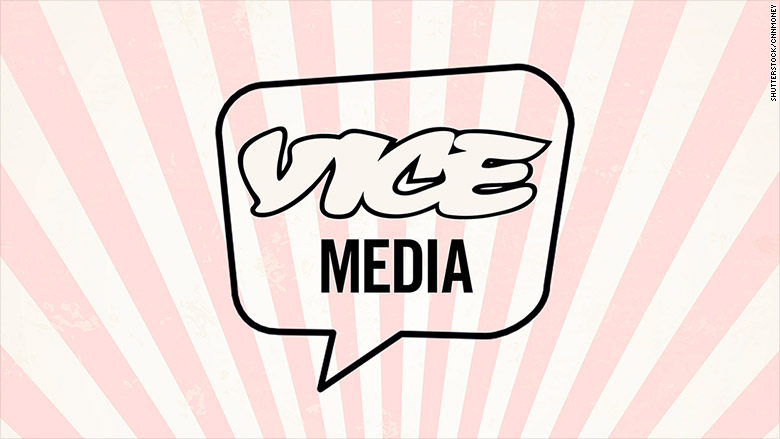

The purchases of Business Insider and Politico by Axel Springer, together with Future’s purchases of specialist titles and more recently Dennis, shows there is a willingness to acquire Specialist, well-regarded niche publishers are likely to be acquired, and at high multiples. With regards to the other publishers, the likely route depends more on the type of publishing model.One question is whether Vice itself is broken up, with assets such as Refinery29 sold off Nor, given its history, is Vice likely to appeal to more traditional groups. Its interest in Axiom has been widely reported and Vice is unlikely to fit into the culture of the group.

Axel Springer, which has bought Politico recently, should also be ruled out. The obvious buyer might be BuzzFeed, especially if it goes public but it would be unlikely to buy at such a valuation of c. On Vice, it is hard to see who would buy it, at least at current valuations. There are three possible routes, two of which are linked: be acquired, merge to create scale and / or go public.
#Vice media 7gc free
For example, Vox is reportedly forecasting revenue growth of more than 25% in 2021 to >$400m and should be free cash flow positive ( LINK). So what is happening with Vice should not be taken as a read-across for the whole publishing space. If the strategy is right and the fundamentals are sound, then assets will prove attractive to the markets. However, the Forbes example proves another point: quality is key.Just as everyone got too excited about SPACs, so the pessimism may be overdone Forbes is going ahead with its public listing via a SPAC which values the business at around $630m ( LINK). More to the point, other deals are going ahead. However, the flow of cheap money driven by ultra-low interest rates – which has fuelled stock markets and investments more generally - is set to continue (if anyone thinks the Fed or Bank of England will put up interest rate significantly given the implications for mortgage holders, I will happily take a bet with them). Yes, SPACs are coming under increasing regulatory pressure and there are more and more doubts from investors about the whole SPAC phenomenon.

Nor should SPACs as a vehicle for taking publishing companies public be ruled out. Far from it: look at the performance, for example, of Future Plc, whose shares are up over 150% in the past year. This does not mean that investors have lost faith in digital publishers.Finally, Vox has to payback TPG Capital for the latter’s $450m injection of capital in 2017 Should it be video? If so, why should advertisers go to Vice for video reach, especially given the other alternatives. The SPAC deal with 7GC was rumoured to be for just under $3bn, which would be 5x 2020 revenues, an expensive metric for a company with such a profile, especially as – a third point – Vice seemed to be in that classic worst-case position of not knowing exactly where it should focus. That puts another point into perspective. According to the NY Post, revenues fell 4% in 2020 to $580m and the company is not yet profitable. The key is the business model of Vice itself. The news should not come as a great surprise.Here are some thoughts on what happens next and what it means: The Information and New York Post are reporting that Vice’s plans to go public via a SPAC with 7GC&Co have fallen through ( LINK).


 0 kommentar(er)
0 kommentar(er)
